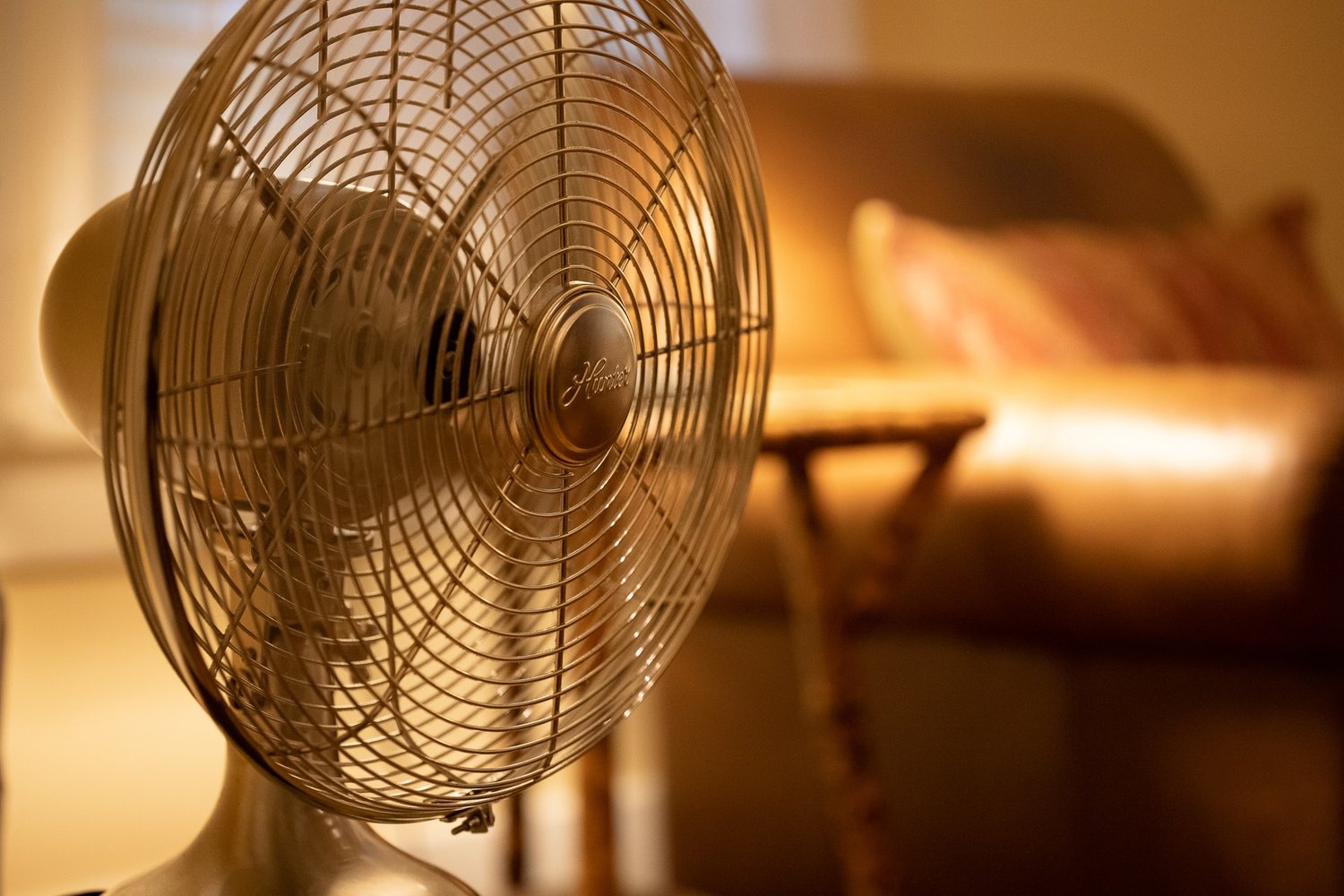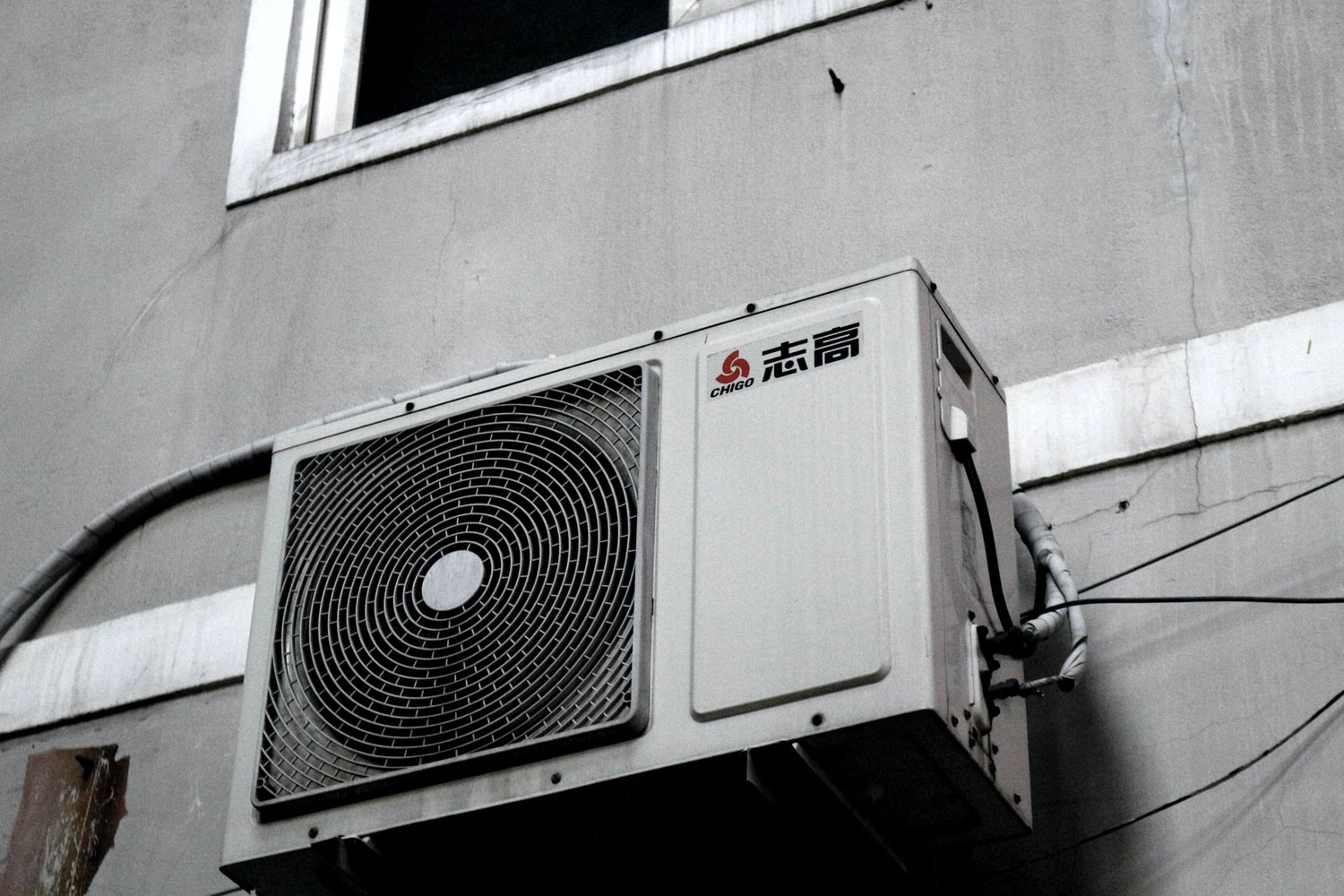November 25, 2021
What Does HVAC Stand For and How Does it Work?

What Does “HVAC” Stand For?
“HVAC” stands for Heating, Ventilation and Air Conditioning. It refers to the systems and technologies that control the temperature in indoor spaces.
What Does HVAC Do?
“HVAC” is a catch-all term to refer to every part of the processes and technologies that control the temperature in your home. Your HVAC system gives you the power to decide on the environment in your home.
That’s why, when it comes to what does HVAC stand for, it includes both heating and air conditioning. Your HVAC system does both: certain components in it heat up the air in your home when you need the heating to come on, and other elements take the heat out of the air when you turn your air conditioning on.
The ‘V’ in HVAC
You might wonder why ‘ventilation’ is important enough to have its own presence in the acronym if it’s not actually doing any heating or cooling. The truth is that your ventilation is absolutely crucial to maintaining temperature and healthy conditions in your home.
Air is circulated throughout your home through a series of ducts, vents, and fans. Keeping the movement of air in your home means that your HVAC system can keep an even temperature. When there are places in a home, maybe with poorly designed ventilation, where pockets of air just sit and aren’t circulated, you end up with uneven temperatures throughout the building.
Ventilation is also very important for maintaining a healthy home. Your ventilation is constantly moving air into and out of your home, bringing fresh air into the building and cleaning old air by passing it through an air filter. A home without proper ventilation is more at risk of carbon monoxide poisoning and the build up of other harmful chemicals, pollens, and dust in the air – and even mold growth.

How Does HVAC Work?
When it comes to what does HVAC stand for and how does it work, the answer has to be split up into different sections according to the different devices that are typically part of the system.
We’re going to give a brief overview of a few different HVAC elements here, but keep in mind that there are different kinds of furnaces and air conditioning units – and some HVAC systems use different equipment entirely! There’s no one-size-fits all when it comes to HVAC systems, so it’s important to know your own and be aware of the kind of components in your house.
Heating
Most of the time, the heating in an HVAC system is accomplished in the furnace. A furnace typically burns natural gas, but it can also use electricity or propane to heat up the air inside it. The heat from this is absorbed into a heat exchanger, and the air from the house is blown through the ductwork, into the furnace and over the heat exchanger, which heats up the air. The blower and the ductwork then channel this warm air back out into the house.
Ventilation
Ventilation usually works by having a well-designed network of ducts in the building that circulate the air. They do this through different vents: supply vents and return vents. Return vents are where the air from your room heads into the ductwork and is moved through the furnace or the air conditioner. When it returns to your house, it comes out through the supply vents.
The circulation is helped by the furnace blower and the air conditioner fan, which keep the air moving around so that all of it eventually is the same temperature.
Air Conditioning
Air conditioning works by sucking the heat out of the air and sending the cold air back through the house. This process happens because of something called refrigerant, which is piped into an element called an evaporator coil. Air from inside the home is blown over the evaporator coil, and the heat in the air is absorbed by the refrigerant in the coil. Humid air carries more heat than drier air, so the extra moisture in the air is also sucked out of it.
Alongside this process, the refrigerant is piped back through a compressor, which is designed to help the heat in the refrigerant be unleashed on the outdoors. Effectively, air conditioning transfers the heat in the air inside to the air outside. The freshly chilled air is then piped back into your home to cool everything down.

The Importance of HVAC
As you can see, when you ask “what does HVAC stand for”, it’s not a simple response. HVAC systems encompass a huge variety of different kinds of technology, so even the summary we just gave you above only scratches the surface. However, one thing is absolutely certain: HVAC is at the core of running your home.
Temperature is crucial not just to your own comfort and health, but also the longevity of the home itself. Extreme temperatures damage possessions and put your home at risk of other structural harm! That’s why regular HVAC maintenance is so important. Keeping your finance and AC unit in clean and efficient working condition is crucial.
That’s where we come in. As professional air duct cleaners and HVAC experts, we can offer the knowledge and practical help to give your HVAC system its annual tune-up, and to make sure that you know what to look for in the system for the kind of regular upkeep that will help your HVAC to last. Please feel free to get in touch and book your free air duct and HVAC assessment today!

Leave a Reply